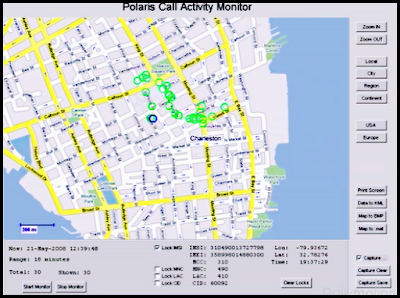Passfault evaluates the strength of passwords accurately enough to predict the time to crack. It makes creating passwords and password policies significantly more intuitive and simple.
When setting a password, Passfault examines the password, looking for common patterns. Passfault than measures the strength of the patterns and combinations of patterns. The end result is a more academic and accurate measurement of password strength. (more) (test your password)
You might think a password like 123!@#qweQWE would provide excellent protection. Wrongo. It can be cracked in a day according to Passfault. Why? Because it contains a readily identifiable pattern of keystrokes. Now try something easy to remember like ToBeOrNotToBe. Surprised? Thought so. ~Kevin










